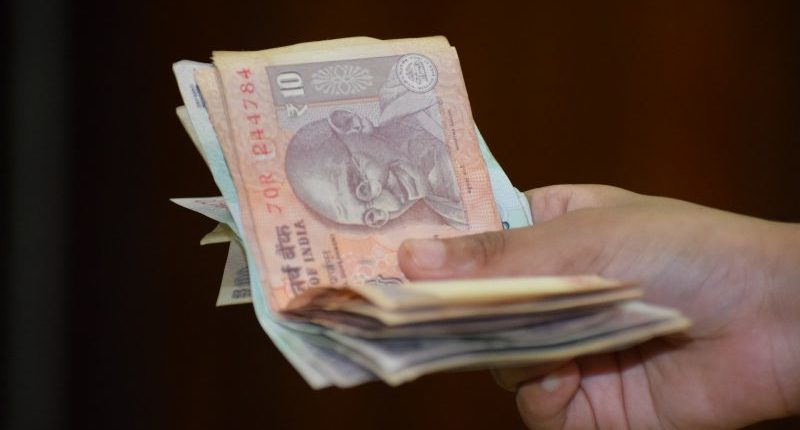The Reserve Bank of India (RBI) has made changes to the offline payment transaction norms by increasing the upper limit from Rs 200 to Rs 500 with immediate effect.
As per this, it is now possible for individuals to make offline payments of up to Rs 500 using their payment instruments without the need for the internet or telecom connectivity. This adjustment aims to facilitate smoother transactions for small to moderate purchase amounts.
Generally, small-value digital payments in offline mode can be undertaken using the National Common Mobility Card (NCMC) and UPI-Lite.
However, while the upper limit per offline transaction has been raised, the total limit for offline transactions on a payment instrument remains Rs 2,000. This aims to safeguard against potential risks associated with bypassing the two-factor authentication.
At the same time, the process of replenishing the used transaction limit is allowed only in online mode with an Additional Factor Authentication (AFA). This extra layer of security ensures that the replenishment process is safeguarded against possible fraudulent activities.
The payment instrument issuers need to promptly send transaction alerts to customers by way of SMS and/ or e-mail as soon as transaction details are received. Although there is no strict compulsion to send an alert for every transaction, it is mandatory to convey each transaction’s details adequately.
If any technical or transaction security issues arise at the end of a merchant, the acquirer, the entity facilitating the payment acceptance, will have to bear all associated liabilities. This way, the acquirer is held accountable for maintaining a secure and reliable payment environment for merchants and consumers.
In a policy, the apex bank maintained that by removing the need for two-factor authentication for small-value transactions, these channels enable faster, more reliable, and contactless modes of payments for regular small-value payments, transit payments, etc.

Rajiv is an independent editorial consultant for the last decade. Prior to this, he worked as a full-time journalist associated with various prominent print media houses. In his spare time, he loves to paint on canvas.





